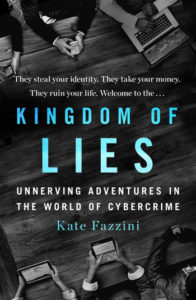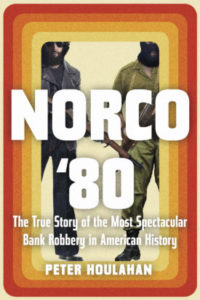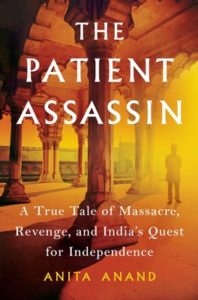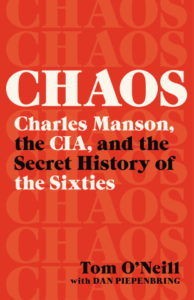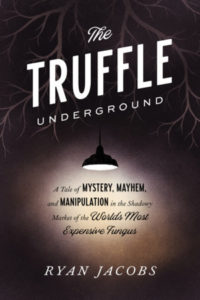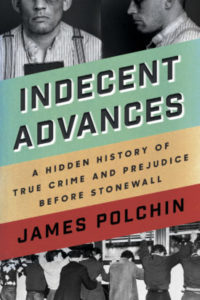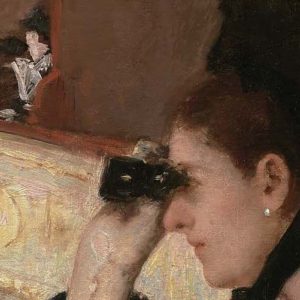These are boom days for writers and readers looking for thoughtful, hard-hitting stories about real-life crime. Whether you’re in the mood for a high-octane page-turner, an investigation, or a penetrating memoir, chances are there’s a book (and many a podcast or docu-series) out there for you. Every month, we round up the best new crime non-fiction with recommendations from CrimeReads staff. Here are the selections for June:
Randall Sullivan, Dead Wrong (Atlantic Monthly Press)
The case that transfixed the country for so long continues to unfold, as Randall Sullivan, author of LAbyrinth, the 2002 book that offered an explosive account of the Christopher Wallace / Notorious B.I.G.’s murder, is back with an updated look at what we now know. And because Sullivan is one of the most able and dogged reporters around, this isn’t just any account of the Biggie assassination; Sullivan has new interviews and evidence implicating high-ranking law enforcement officials in the killing and the coverup. It’s true crime journalism at its most dynamic, and a convincing explanation of what happened in one of the most confounding, culturally important murders of the modern era. Sullivan’s conclusions are convincing and truly chilling.
Kate Fazzini, Kingdom of Lies (St. Martin’s)
Fazzini’s Kingdom of Lies is a sprawling tale of modern cyber crime and global corruption told through vignettes and snapshots from around the wide world of hacking. Fazzini, a veteran of the corporate security business that has blossomed into a new kind of military-industrial complex, has an uncanny nose for the grassroots and personal stories that illuminate shadowy corners of the web. The final mosaic is a picture of corporate and government complicity in a tangle of lies propped up by a world of hackers and cyber mercenaries. Kingdom of Lies is an ambitious piece of investigative journalism and storytelling.
Peter Houlahan, Norco ‘80 (Counterpoint)
Southern California in the 1970s was a bank robbery hot zone, but there was one robbery in particular that caught public attention, shifted law enforcement tactics and attitudes, and seemed to incorporate strands of nearly all the day’s cultural movements, from the self-help gurus sweeping the state to the militarization of grassroots ideological collectives. Peter Houlahan tells the story of an outfit of bank robbers who started out small-time and followed their apocalyptic leader onto the national stage as a job turns violent. Like American Heiress in the summer of 2016, this looks like the true crime book that will launch a hundred conversations.
Anita Anand, The Patient Assassin (Scribner)
In 1919, the dusty gathering place of Jallianwallah Bagh in the Northeastern Indian city of Amritsar became the site of a shocking bloodbath when British efforts to suppress perceived local unrest turned violent, and British soldiers opened fire into the crowd. A young man named Udham Singh swore vengeance against the British commanders responsible for the massacre, and spent the next 20 years engaged in a quest for vengeance that would take him all over the story. Anita Anand uses Singh’s life to tell not only a thrilling story of adventure and vengeance, but also to explore the harsh methods used to keep colonial hierarchies in place.
Tom O’Neill with Dan Piepenbring, Chaos: Charles Manson, the CIA and the Secret History of the Sixties (Little, Brown and Co.)
Chaos is a project decades in the making, the result of over twenty years of reporting and unraveling of stories and conspiracies surrounding one of the century’s most notorious murder sprees. O’Neill’s version of events—of the players, stars, government agencies involved at the periphery of the Manson Family’s activities—is a startling reevaluation of the known facts, bolstered by new documents and first-hand accounts. Those who’ve read the authoritative accounts of the murders, including Bugliosi’s iconic true crime book, Helter Skelter, will have many of their assumptions challenged, both about the crimes and the culture that made them possible.
Ryan Jacobs, The Truffle Underground (Clarkson Potter)
For those readers who like to read about real-life crime in unexpected pockets of society, Ryan Jacobs has a new investigation into the world of truffle hunting and dealing. That’s right: truffles. That decadent ingredient, the favorite of chefs and gourmands, comes at a steep price, as backwoods truffle hunters aim to corner their local markets and control supply chains, forming a kind of bandit culture that Jacobs documents brilliantly. The Truffle Underground is an eye-opening book, one that will make you rethink not only your meals and the people providing them, but also the hidden economies undergirding so many of our modern habits.
James Polchin, A Hidden History of True Crime and Prejudice Before Stonewall (Counterpoint)
Polchin’s harrowing account of the history of violence against queer men hits shelves on the eve of the 50th anniversary of the Stonewall riots. It’s perfect timing for a book that dives deep into these never-before-told true crimes, and looks at the power mainstream messaging had on both the violence and the mounting resistance. Resurrecting a forgotten era of queer history, Polchin masterfully weaves true crime research with critical analysis of the social history, exploring how the media and nascent psychological theories weaponized prejudice and perpetuated a deviant stereotype of gay men.



